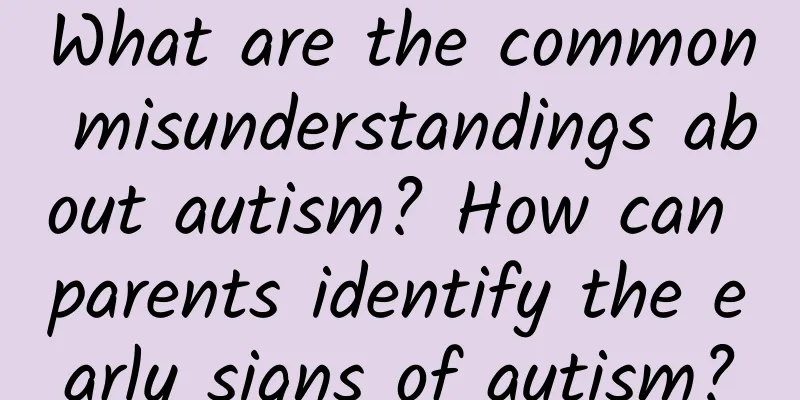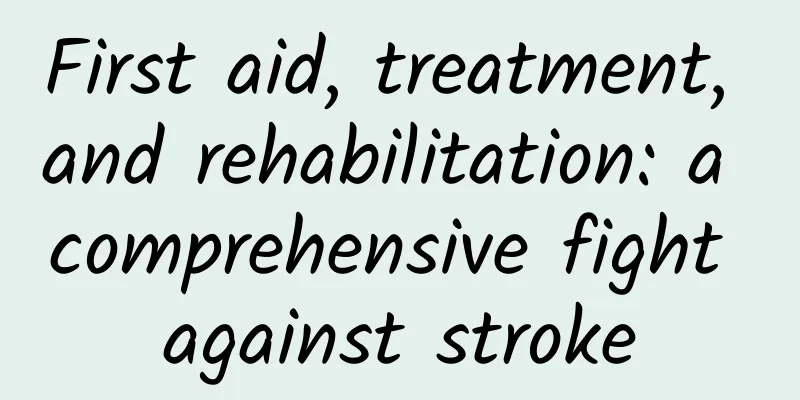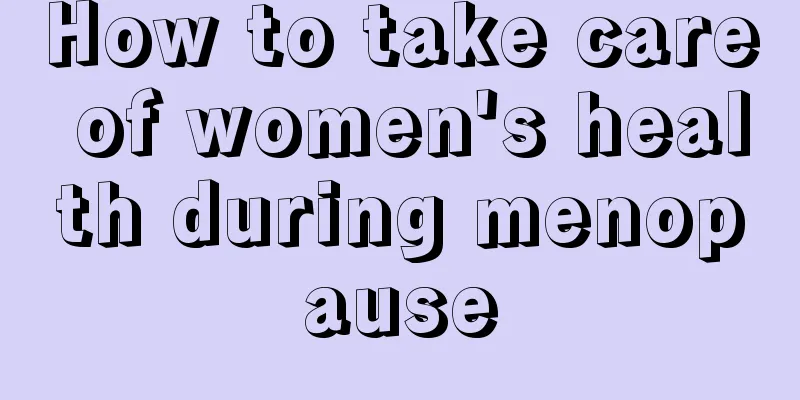What are the common misunderstandings about autism? How can parents identify the early signs of autism?

|
Autism , also known as autism, is a neurodevelopmental disorder. It usually appears in early childhood and affects children's social skills, communication skills and behavior patterns. Currently, the treatment for autism is mainly based on rehabilitation training. World Autism Day is coming soon. Today, let’s share some of the common misconceptions about autism and how to identify autism signs early . Let’s take a look~ Common misconceptions about autism 1. Misunderstanding as psychological problems or character defects Many people equate autism with "introverted personality" or "psychological disorder", believing that it is due to improper parenting or the child's deliberate isolation. But in fact, autism is a congenital neurodevelopmental disorder related to biological factors such as genetics and environment, rather than an acquired psychological problem. 2. Believe that autistic children are either "geniuses" or "retarded" Autism is often associated with "genius" in movies and TV shows, but in reality, only about 5%-10% of children with autism have extraordinary performance in specific areas (such as memory and music), while about 50% of children with autism have moderate or severe impairments and most require acquired educational support. 3. Believe that autism can be cured on its own or does not require intervention Some people mistakenly believe that the symptoms will naturally improve as the child grows up, but autism is a lifelong disease and without intervention it may lead to continued deterioration of social and cognitive abilities. Early intervention (such as behavioral training, educational support) can improve the prognosis. 4. Confusing autism with depression or psychosis The core symptoms of autism are social impairment and stereotyped behavior , not low mood (such as depression) or hallucinations and delusions (such as psychosis). The causes and manifestations of the two are completely different. 5. Belief that autistic children have no emotions or empathy Children with autism do not lack emotions, but they have difficulty understanding other people's emotions or expressing their own feelings. For example, they may appear indifferent because they cannot communicate, but in fact they have rich emotional experiences. How to recognize early signs of autism? The core warning signals are "five no's and one repetition", specifically: "Five Nos" Not speaking: language development is delayed, no meaningful language at 2 years old or only repeating what others say Not looking: avoiding eye contact and not responding to other people’s expressions Unresponsive: No response when name is called, sensitive to sounds but unable to identify their source Not playing: Lack of interactive play skills, such as not waving goodbye or sharing interests Incomprehension: Inability to understand other people’s emotions or social rules "One Repeat" Stereotyped movements, such as turning in circles or fiddling with objects, or narrow interests, such as excessive focus on specific numbers or sounds. Early manifestations by age Before 1 year old: Lack of eye contact, no interest in faces, unable to express needs through crying, difficult to determine the cause of crying 1-2 years old: No shared attention, such as not pointing to things of interest, delayed language development 2-3 years old: Increased repetitive behaviors, resistance to change in daily habits, and indifference to hugs Other suggestive features Sleep disturbances: frequent waking or difficulty falling asleep in infancy Paresthesias: oversensitivity or insensitivity to sounds or lights Mood swings: sudden crying or aggressive behavior, which may be caused by an inability to communicate Recommendations and actions 1. Timely screening. If these signs are found, parents are advised to conduct developmental assessments from the age of 1, using the "0-6 Years Old Children Autism Screening and Intervention Guidelines" tool to assist in diagnosis. 2. Scientific intervention . After diagnosis, rehabilitation training should be carried out as soon as possible, such as behavioral analysis, combined with family support and school integration education. 3. Social support: Avoid discrimination or overprotection, create an inclusive environment, and help children with the disease gradually adapt to society. Through correct cognition and early intervention, most autistic children can significantly improve their living ability, and some can even study and work independently. Blindly protecting them will only break their ability to fly. Only by touching, bumping, and facing things can they gradually learn how to survive independently. |
Recommend
What can I eat during my period without getting fat?
That is not the case. During menstruation, women&...
Kidney disease can actually "find" primary school students? Doctor: If you don't take it seriously, it may turn into uremia!
In daily diet Control salt and sugar Exercise pro...
Having sex within one month after abortion is very harmful
Every woman has the right to pursue love, but if ...
What are the methods to treat freckles?
Freckle removal is a very common skin problem amo...
Can I get pregnant if my endometrium is thin?
Some women always want to have their own children...
Will ectopic pregnancy cause infertility?
Nowadays, many women suffer from ectopic pregnanc...
Can aflatoxin really be detected using a flashlight?
There is a short video that says that aflatoxin, ...
How to take care of your private parts
Nowadays, most people have very conservative idea...
What are the imaging characteristics of a magnifying glass? Is the principle of a magnifying glass based on the refraction of light?
Magnifying glasses are widely used in people'...
Backuplify: Social Network Economics, What is Your Data Worth?
Social networks continue to develop at an unstopp...
Causes of vaginal itching after sex
Many women will find a phenomenon that makes them...
How to ensure nutrition for children as they grow taller? Why do experts recommend moderate hunger?
Author: Jiang Jingxiong, researcher at Chinese Ce...
The period only lasted one day and then it ended
Why does my period end after only one day? In dai...
[Diet and Health] When is the best time to drink onions soaked in red wine?
Onion soaked in red wine is a health food that ma...









